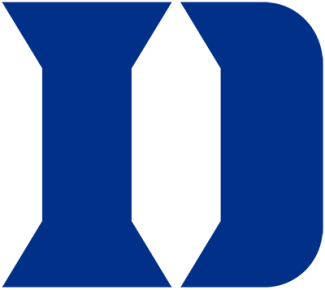As will Kavanagh, a game-changing midfielder who was making a case to stand on the stage in Washington, D.C., as a Tewaaraton finalist come the end of May.
“I definitely felt a huge difference in my game from years past,” Kavanagh said. “I think a lot of it had to do with confidence, just knowing that I was the vet on the field and I had a job to do.”
Other than willing Florida to that thrilling win over Maryland, Kavanagh was a consistent force. She had 34 goals, scoring at least four times in all but two games. She continued her dominance of the draw circle, coming away with 56 draw controls — tied for seventh-most in the nation.
Plus, she’s a true two-way middie.
“With her, what sets her apart is that she’s a true midfielder,” O’Leary said. “At Maryland, she ran the entire midfield the entire game. We couldn’t afford to take her out of the game.
“There’s not a thing that we don’t ask her to do. She does it all.”
Kavanagh also spearheaded a culture shift. The Gators seemed stuck in a rut, continually making NCAA tournament appearances but falling short of their ultimate goal each time. Kavanagh tried to instill the “we before me” mindset to help her teammates rely on each other.
“We would get to the same round, and it was like a curse,” she said. “We would never get past it. I think we all knew it had to do with the chemistry on the field and the mindset.”
With no chance to lift the curse in 2020, Kavanagh and her Gators have no choice but to look to 2021. That future appears bright, with an influx of talent ready to continue taking over in Gainesville.
“We were super excited that we were seeing a lot of new faces on the field,” O’Leary said. “The ability to watch them grow and the rate at which they were getting better, it was exciting. I would say it was definitely a trial run, but I could not be more excited to hit the field next year when given the opportunity.”


























































